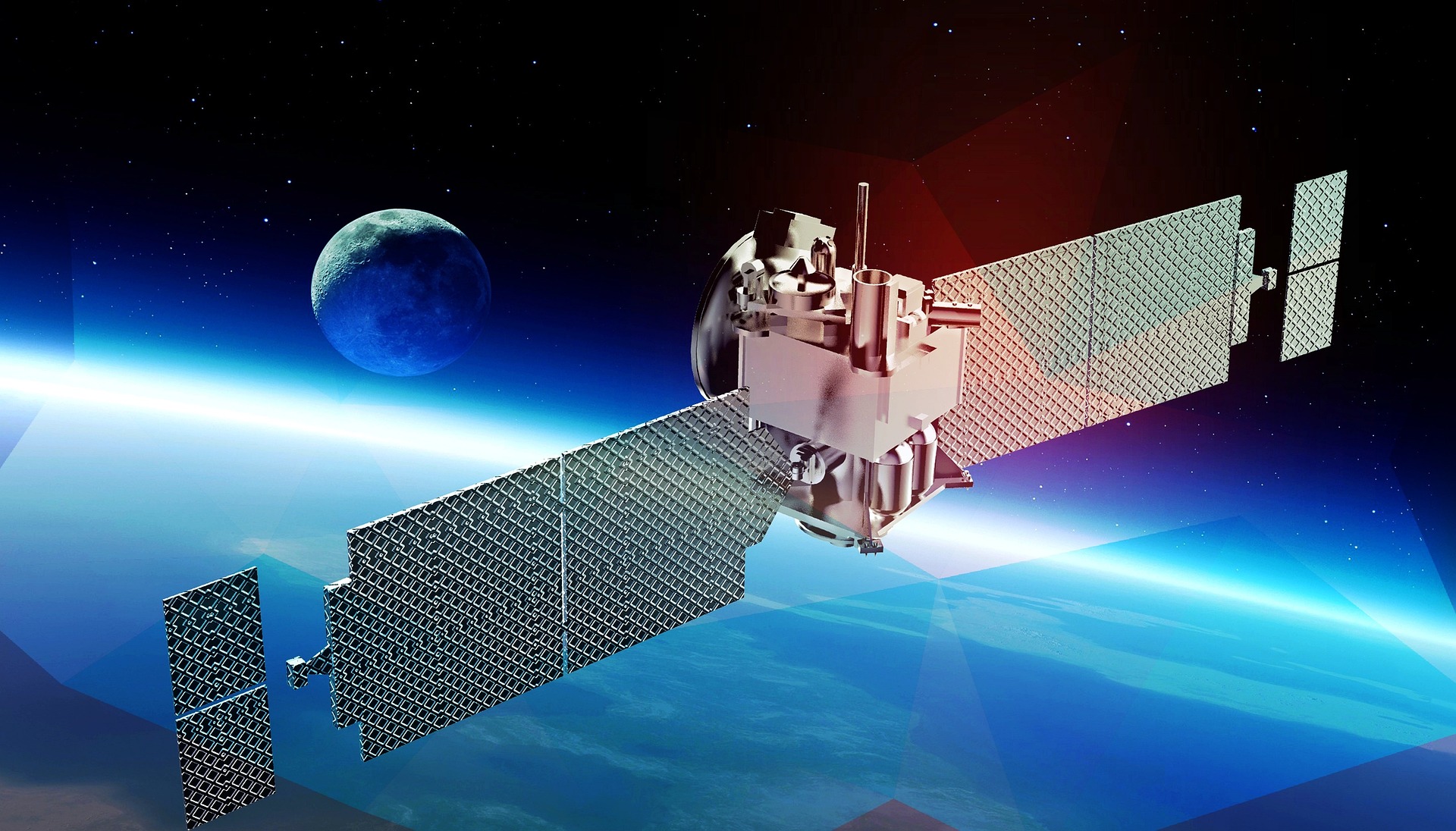Title: The Evolving Landscape of Space Law
Space exploration has captivated humanity for decades, but as we venture further into the cosmos, a new frontier of legal challenges emerges. This article delves into the complex and rapidly evolving field of space law, examining its origins, current developments, and the pressing issues that lawmakers and international bodies must address as we continue to push the boundaries of our celestial endeavors.
The Outer Space Treaty: Cornerstone of Space Law
The Outer Space Treaty remains the bedrock of international space law. It establishes space as the province of all mankind and prohibits the placement of weapons of mass destruction in orbit. The treaty also holds nations responsible for their activities in space, including those conducted by non-governmental entities. However, as space technology has advanced and commercial interests have grown, the treaty’s broad principles have been challenged by new realities, leading to calls for more specific regulations.
Commercial Space Activities and Legal Challenges
The rise of private space companies has introduced a new dimension to space law. As corporations like SpaceX and Blue Origin push for commercial space travel and resource exploitation, existing legal frameworks are being stretched to their limits. Questions about property rights on celestial bodies, liability for space debris, and the regulation of space tourism have emerged. Lawmakers are now grappling with how to balance the promotion of innovation and economic growth with the need to protect the space environment and ensure equitable access for all nations.
Space Resource Utilization: A Legal Gray Area
One of the most contentious areas in current space law discussions is the issue of space resource utilization. With advances in technology making asteroid mining and lunar resource extraction more feasible, there is a growing debate about the legality and regulation of these activities. The U.S. Space Act of 2015, which grants U.S. citizens the right to own and sell space resources, has been met with both enthusiasm from industry players and concern from those who view it as a unilateral move that may conflict with international space law principles.
Environmental Protection in Space
As human activity in space increases, so does the need for laws to protect the space environment. The problem of space debris, which poses risks to satellites and spacecraft, has become a major concern. While guidelines exist for mitigating space debris, there is a growing call for more stringent, legally binding measures. Additionally, as plans for long-term lunar presence and Mars exploration develop, questions about planetary protection and the preservation of potential extraterrestrial life are coming to the forefront of legal discussions.
International Cooperation and Conflict Resolution
The inherently global nature of space activities necessitates international cooperation in developing and enforcing space law. However, achieving consensus among nations with different space capabilities and interests presents significant challenges. The United Nations Committee on the Peaceful Uses of Outer Space (COPUOS) plays a crucial role in facilitating dialogue and developing new legal instruments. Yet, as geopolitical tensions on Earth spill over into space policy, there is a growing need for robust mechanisms to resolve disputes and prevent the militarization of space.
The Future of Space Law
As we stand on the brink of a new era in space exploration and utilization, the field of space law is poised for significant development. The coming years will likely see the creation of new treaties and regulations to address emerging issues such as space traffic management, lunar governance, and the ethical implications of long-term human presence in space. The challenge for lawmakers and diplomats will be to craft flexible yet robust legal frameworks that can keep pace with rapid technological advancements while upholding the fundamental principles of peaceful exploration and equitable access to space.
In conclusion, space law is a dynamic and increasingly important field that will shape the future of humanity’s relationship with the cosmos. As we continue to push the boundaries of space exploration and utilization, the legal community must rise to the challenge of creating a comprehensive and adaptable legal framework. This framework must balance the interests of nations, private entities, and humanity as a whole, ensuring that our journey into the stars is guided by principles of peace, cooperation, and sustainability.







